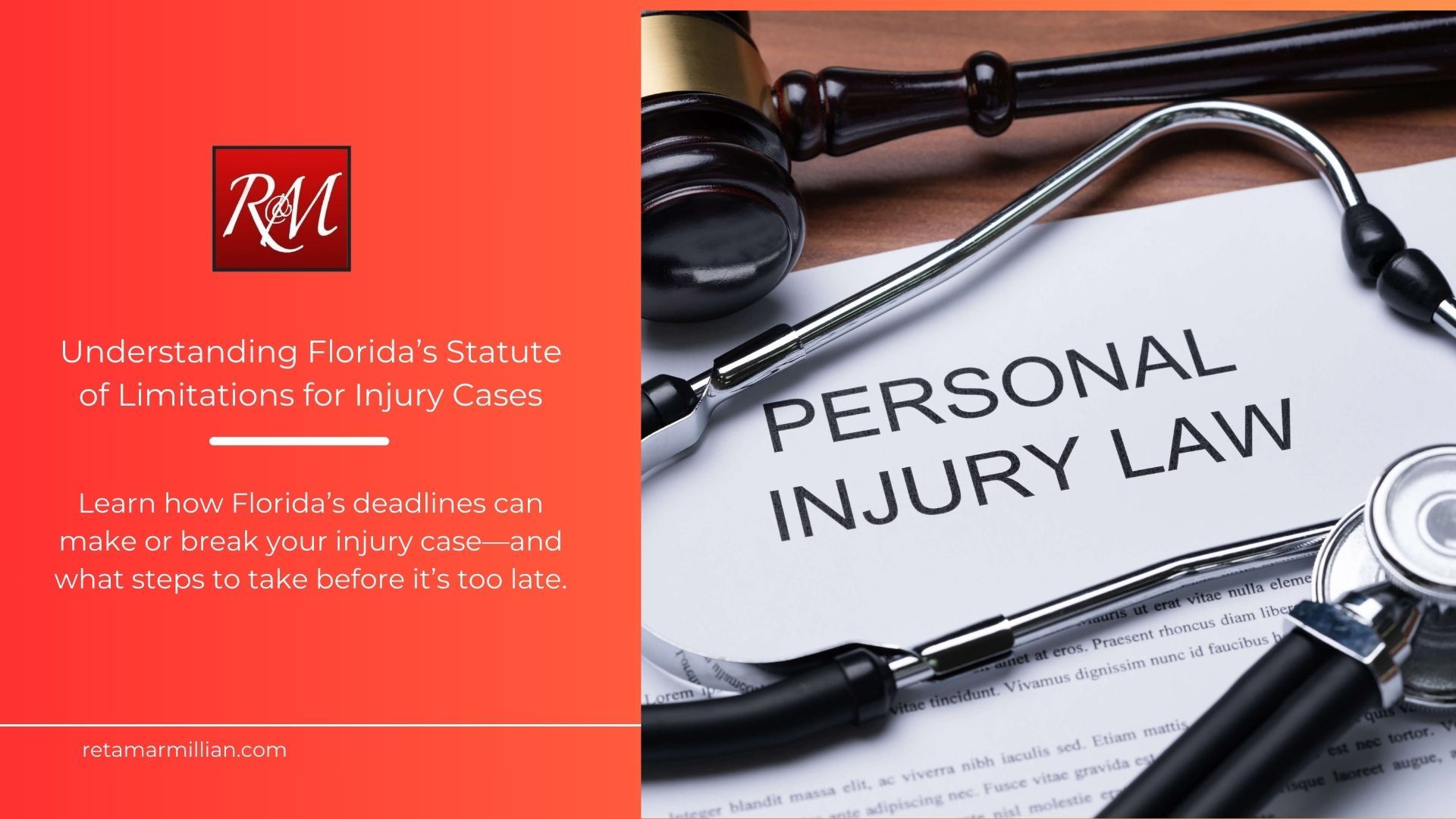How Your Driving Record Affects Insurance in Florida
How Your Driving Record Affects Insurance in Florida

Why Your Driving Record Can Make Insurance Expensive
Car insurance in Florida is already costly, but if you have a history of traffic violations or accidents, your rates could skyrocket. Insurance providers see drivers with infractions as higher risk, leading to higher premiums. Even minor offenses, like speeding tickets, can have long-term financial consequences. Understanding how your driving record affects insurance can help you take steps to lower your costs and keep your record clean.
How Traffic Violations and Accidents Impact Insurance Rates
Insurance companies use your driving history to assess your level of risk. The more infractions or accidents you have, the higher your premiums will be. Here’s how common violations impact your rates:
- Speeding Tickets: Even a single speeding ticket can raise your insurance premium by 10-20%.
- DUI Convictions: A DUI offense can more than double your insurance rates and may result in mandatory SR-22 insurance.
- At-Fault Accidents: Causing an accident can lead to significant rate hikes, especially if injuries or major property damage are involved.
- Reckless Driving: This serious offense can make it difficult to find affordable insurance coverage.
Additionally, Florida operates under a points system. Accumulating too many points can result in license suspension, further complicating your ability to obtain insurance at a reasonable rate.
How to Expunge Violations and Avoid Points on Your License
Thankfully, there are ways to remove points from your record and prevent future violations:
- Traffic School: In Florida, completing a state-approved driving course can help you avoid points from certain traffic tickets.
- Expungement and Record Sealing: While traffic violations generally remain on your record for several years, you may be able to have some offenses removed through legal procedures.
- Safe Driving Practices: Avoiding speeding, reckless driving, and DUI offenses is the best way to keep your insurance rates low.
- Check Your Driving Record: Regularly reviewing your driving history can help you identify and address any incorrect information that may be affecting your insurance rates.
The Role of SR-22 Insurance in Florida
If you have serious violations like a DUI or multiple traffic offenses, you may be required to carry SR-22 insurance in Florida. This is a certificate that proves you have the minimum required auto insurance coverage. Unfortunately, SR-22 insurance comes with significantly higher premiums. It’s important to drive safely and maintain continuous coverage to avoid needing this costly requirement.
How Long Do Violations Stay on Your Record?
In Florida, traffic violations don’t disappear overnight. The length of time an infraction remains on your record depends on its severity:
- Speeding Tickets: Typically stay on your record for 3-5 years.
- DUI Convictions: Can stay on your record for 75 years and significantly impact your insurance rates.
- At-Fault Accidents: Usually remain on record for 3-5 years, depending on the severity.
- Reckless Driving: Stays on your record for 5 years or more.
Understanding these timeframes can help you plan for lower insurance rates in the future by maintaining a clean driving record.
Contact Us for Legal Help After a Car Accident
If you’ve been involved in a car accident or slip and fall, your insurance rates and legal rights could be at risk. At Retamar & Millian Personal Injury Attorneys, we specialize in helping victims of accidents navigate their legal options and pursue fair compensation. Contact us today for a free consultation and let us help you get the justice you deserve.



